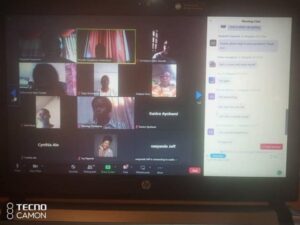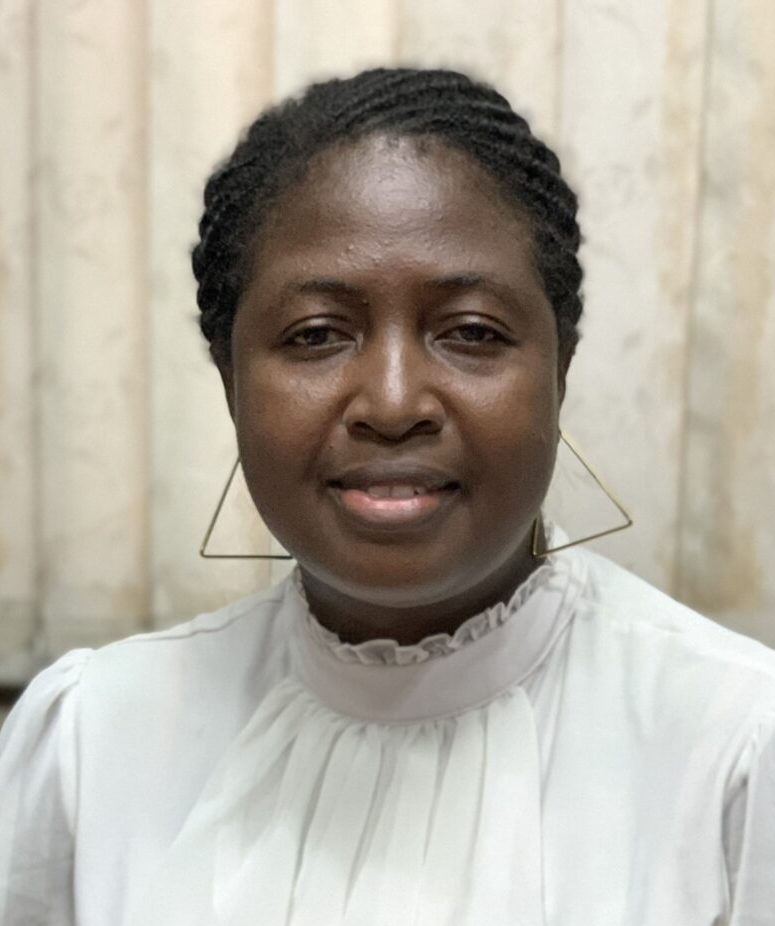Commissioning Editor, Nigeria at Conversation Africa, Ms Kofoworola Belo-Osagie has outlined basic guidelines for pitching for media grants.
Belo-Osagie shared the guidelines and other insights for Gaining Global Relevance through pitching at a webinar organised by the Female Freelance Federation (FFF) on Thursday, May 27, 2023.
She said it’s necessary to conduct thorough research and be able to justify the need for the story proposed to be approved.
“You need to find the crux of the story, why it matters and be very clear about it. Clarity matters because if you are not clear, you’ll lose the editor,” Belo-Osagie who was former Head of the Education Desk at The Nation explained.
“You need to highlight the significance. The editor needs to know why it matters, and why must he use your story. Sometimes you may need to discuss your ideas with trusted senior colleagues that can help you sharpen them.”
The Fellow of the Female Reporters Leadership Programme of the Wole Soyinka Centre for Investigative Journalism (WSCIJ), added that in pitching, budgeting and documentation are very important.
“You need to have a budget for your pitch; you need to get your budget right. If you don’t get your budget right, you can run into trouble when your pitch has been approved. You need to take your implementation seriously because if you don’t implement your work well, you will block the chances of other people.
“Also ensure you meet the deadline and carry your funders along. If you have challenges, let them know. Have proper documentation which will help in your post-production report and send it on time. Spend your budget wisely. Don’t spend the money such that you don’t get value. Let the money work for what it is supposed to work for. Implement your project well,” she explained.
Belo-Osagie, a 2021 alumna of the International Visitor Leadership Program also enjoined participants to pay attention to their stories because it is what can get them noticed and make them relevant.
“When you get noticed, people will ask for you. When they ask for you, it gives you access to more opportunities, you expand your network and you are able to do better stories,” she said.
She also urged the participants to pay attention to their sources and have a good relationship with them.
“In developing a cordial relationship with them is how you can always go back to them to ask for more information. Give them fair hearing when there are issues,” she said.
Apart from sources, she said there is also the need to have good relationships with colleagues in other media houses.

“Move with colleagues that are going the same way with you. Move with those who will add value to your life and career. Pay attention to your colleagues, your bosses who can pass opportunities your way.”
The award-winning journalist who highlighted various steps she has taken to enhance her career also encouraged participants to invest in themselves.
“You need to invest in yourself. People you hear about today have spent years investing in their personal lives. How do you invest in your life? You take courses. There are free courses and there are courses you need to pay for.
“You can save money. If you don’t save the money to invest in yourself, you will still spend it anyway on other things. Look for something that will develop you and pay the money for the course. As a journalist, now it’s no longer enough for you to be able to write. You must learn other skills. There’s now fact-checking, data journalism, machine learning and so many things now.
“Attend training and collect the certificates. Take training opportunities as important, apply for training both locally and internationally, ask from people who have benefited, and those who have taken past opportunities, and ask questions on how they got there.
“Enter your stories for awards. When you make efforts to write stories and they are good, enter them for awards. You can never tell. If you get a nomination it’s still good.”
On networking and volunteering, Belo-Osagie told the participants not to miss such opportunities as it is necessary to expand their circle of opportunities.
“Networking is very important. The FFF platform is a networking platform. Endeavour to also join other professional groups. You need to volunteer. If you don’t volunteer, you won’t be able to get into some circles and you may not be able to showcase what you have. That’s how you’ll be able to get in-road to a place. You are not asking for money. In volunteering you are investing in yourself. Whatever you do, never give up,” she said.
The anchor of the event and member of the executive of FFF, Esther Onyegbula noted that the facilitator did justice to the theme and urged journalists to take advantage of the knowledge shared.
“I have done some pitching for some organisations, but I have learnt better today. One of my take-home points is that I have to have clarity of mind about my idea and I must research into my story idea.
“I advise my colleagues to take advantage of this kind of training. People should not say because money is not attached they won’t be interested. Many of our colleagues walk away from it when we have so much to benefit from it,” she said.
Media trainer and Executive Director of Media Career Development Network (MCDN), Mr. Lekan Otufodunrin also encouraged the participants to take media training seriously.
“The good thing we can learn about the facilitator’s story is that it is about taking the necessary steps, diversifying your work, doing all those online courses and everything adds up at the end of the day.
“The guideline she gave about pitching is very important. People want to give money for stories and they want to justify why they are giving you the money because many people want the money also,” he noted.
READ ALSO: ‘How to attain global relevance in media practice’



Brilliant!!! Many thanks for sharing.